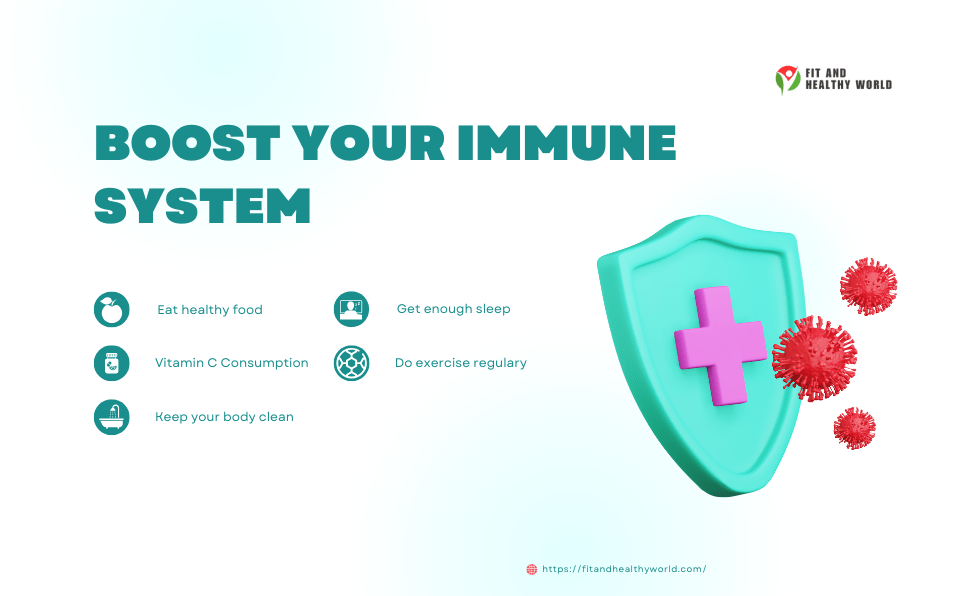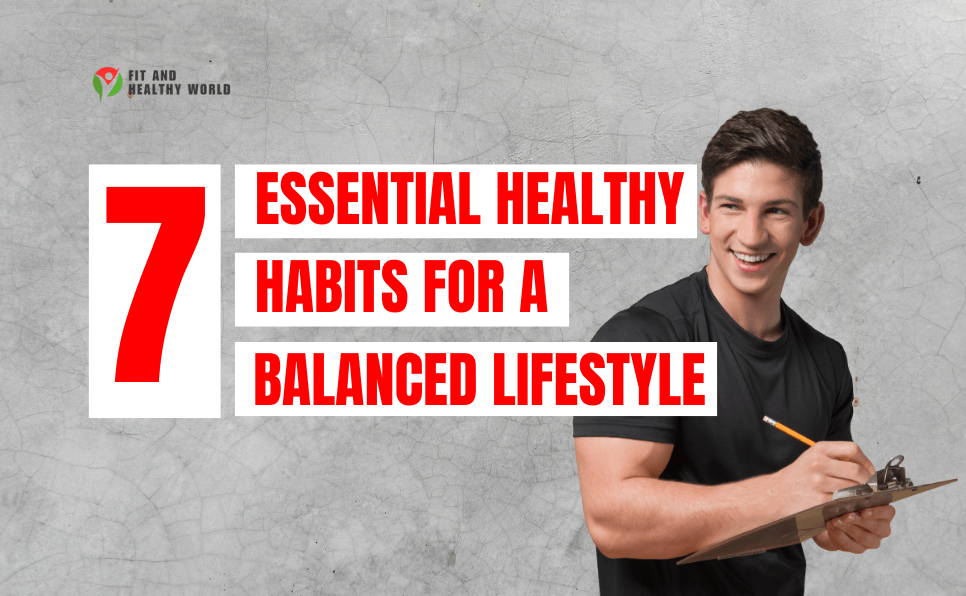A good night’s sleep is one of the best things you can do for your health. And yet many people have difficulty falling asleep or staying asleep all night. But guess what: What you eat before bed has a big impact. And the best foods before sleep can help you relax, while the wrong ones can leave you tossing and turning.
This comprehensive guide will explore:
✔ The science behind food and sleep – How certain nutrients affect your rest
✔ The top 10 best foods to take before sleep – Backed by research
✔ Foods and drinks to avoid – What keeps you awake
✔ When and how much to eat – Timing matters
✔ Delicious bedtime snack ideas – Simple, healthy options
Let’s dive into how you can use food to sleep better tonight.
How Eating Affects Your Sleep
Your body functions according to its natural cycles, called circadian rhythms, that let you know when you’re tired and when you’re alert. Certain diets help to support natural processes while others can interfere with them.
Key Nutrients that Help You Sleep
- Tryptophan
- An amino acid that assists in generating serotonin and melatonin (your sleep hormones!)
- Found in: Turkey, chicken, milk, nuts, and seeds
- Melatonin
- A hormone that regulates your sleep-wake cycle
- Found in: Tart cherries, walnuts, and oats
- Magnesium
- Relaxes muscles and calms the nervous system
- Found in: Spinach, almonds, bananas, and pumpkin seeds
- Calcium
- Helps your brain use tryptophan to make melatonin
- Found in: Yogurt, milk, and cheese
- Complex Carbohydrates
- Help tryptophan reach your brain more effectively
- Found in: Whole grain bread, oatmeal, and brown rice
How Digestion Affects Sleep
Eating heavy, rich, or spicy foods too close to bedtime can cause:
- Indigestion
- Heartburn
- Discomfort that keeps you awake
That’s why choosing light, sleep-supportive foods is one of the best ways to ensure restful sleep.
Best Foods to Take Before Sleep
1. Warm Milk with Honey
Why it works:
- Milk contains tryptophan and calcium
- Honey helps tryptophan reach the brain faster
- The warmth is soothing and relaxing
Best way to enjoy: Heat a cup of milk (dairy or almond) and stir in 1 tsp of raw honey.
2. Tart Cherry Juice
Why it works:
- One of the few natural food sources of melatonin
- Studies show it improves sleep quality and duration
How to use: Drink a small glass (4 oz) about 30 minutes before bed.
3. Almonds
Why do they work?
- Rich in magnesium and healthy fats
- Help relax muscles and reduce stress hormones
Serving suggestion: A small handful (about 1 oz or 23 almonds) makes an ideal portion.
4. Bananas
Why do they work?
- Contain potassium and magnesium to prevent nighttime leg cramps
- Natural carbs help tryptophan absorption
Best ways to eat:
- Plain
- Sliced with almond butter
- Blended into a sleep smoothie
5. Oatmeal
Why it works:
- Contains complex carbs and melatonin
- Warm, comforting texture promotes relaxation
Recipe idea: Make with milk instead of water, add banana slices, and a sprinkle of cinnamon.
6. Herbal Teas
Best options:
- Chamomile – Reduces anxiety
- Lavender – Promotes relaxation
- Peppermint – Aids digestion
Brewing tip: Steep for 5+ minutes for maximum benefits.
7. Turkey or Chicken
Why it works:
- Excellent source of tryptophan
- Light protein keeps you satisfied without heaviness
Best preparation: A small turkey sandwich on whole-grain bread makes a perfect light dinner.
8. Yogurt with Berries
Why it works:
- Yogurt provides calcium for melatonin production
- Berries add antioxidants
Best choices: Greek yogurt with raspberries or blueberries.
9. Whole Grain Toast
Why it works:
- Complex carbs + protein = balanced snack
- Healthy fats keep you satisfied
Variation: Try peanut butter or cashew butter for variety.
10. Kiwi
Why it works:
- Contains serotonin and antioxidants
- Studies show it helps people fall asleep faster
How to eat: Enjoy 1-2 kiwis about 1 hour before bed.
Foods and Drinks That Ruin Sleep
Some foods actively work against good sleep. Here’s what to avoid:
1. Caffeine
- Can stay in your system for 6+ hours
- Even small amounts may disrupt sleep
2. Alcohol
- It may help you fall asleep, but reduces sleep quality
- Causes frequent nighttime awakenings
3. Spicy Foods
- Can cause heartburn and discomfort
- May increase body temperature
4. High-Fat Foods
- Take longer to digest
- May cause indigestion
5. Sugary Foods
- Causes blood sugar spikes and crashes
- May lead to nighttime awakenings
When and How Much to Eat for Best Sleep
Ideal Dinner Timing
- Finish dinner 2-3 hours before bedtime
- Allows for proper digestion
Bedtime Snack Guidelines
- Eat 30-60 minutes before bed if hungry
- Keep portions small (200 calories or less)
- Combine protein + complex carbs
Sample Evening Eating Schedule
7:00 PM – Dinner (balanced meal) 9:30 PM – Light snack if needed 10:30 PM – Bedtime
Final Tips for Better Sleep Through Nutrition
- Stick to a routine – Eat at similar times each night
- Keep portions moderate – Avoid feeling too full
- Stay hydrated – But reduce liquids 1 hour before bed
- Combine foods wisely – Pair carbs with proteins
- Listen to your body – Notice which foods help you sleep best
By choosing the right foods before sleep, you can transform your nights from restless to restorative. Start with one or two of these suggestions tonight, and notice the difference in how quickly you fall asleep and how rested you feel in the morning.
Frequently asked questions
What is the absolute best food to eat before bed?
Tart cherry juice or warm milk with honey are among the top choices because they naturally boost melatonin.
What’s the best thing to drink before sleep?
Chamomile tea or warm milk are excellent options. Avoid anything with caffeine.
Can I eat fruit before bed?
Yes! Bananas, kiwis, and cherries are particularly good choices.
What foods help with deep sleep?
Foods rich in tryptophan (turkey, nuts), magnesium (spinach, almonds), and melatonin (tart cherries) promote deeper sleep.
What’s a good snack if I’m hungry at night?
A small bowl of oatmeal, yogurt with berries, or a banana with almond butter are all great options.
How late is it to eat before bed?
Try to finish eating at least 1 hour before bedtime, with your main meal 2-3 hours before.



